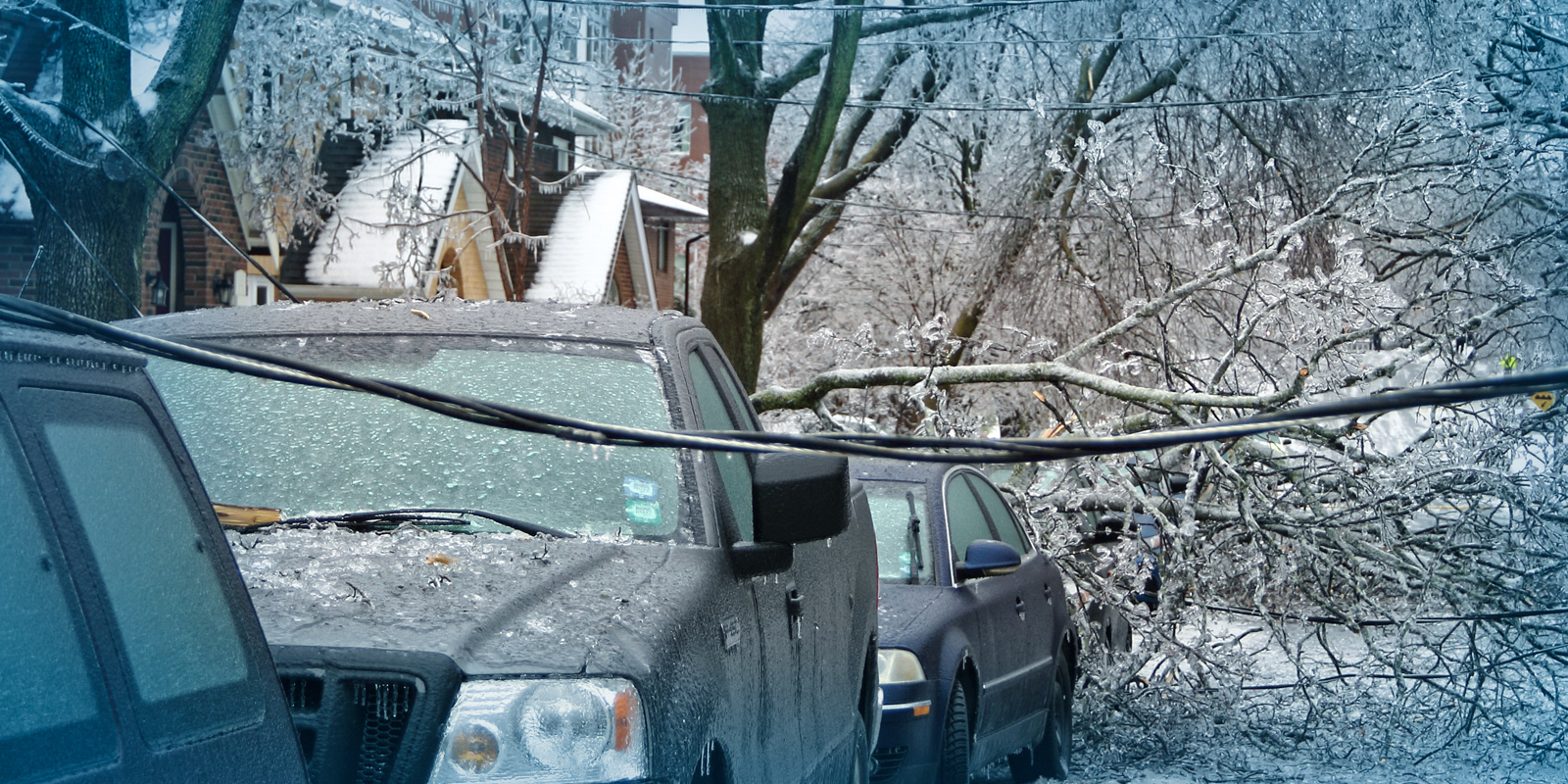
FERC, NERC Outline Proposed New Reliability Standards Following the February Winter Storm
The Federal Energy Regulatory Commission's ("FERC") Office of Electric Reliability and Enforcement and the North American Electric Reliability Corporation ("NERC") staff presented a series of findings and preliminary recommendations developed in their ongoing joint inquiry into the February 2021 extreme cold weather event that caused power outages and load shedding (deliberate shutting down of electric load to ensure ongoing system operations) primarily in Electric Reliability Council of Texas ("ERCOT") but also in the Southwest Power Pool ("SPP") and the Midcontinent Independent Service Operator ("MISO") regions.
Last Thursday, the FERC/NERC joint inquiry presented their preliminary report and recommendations at FERC's monthly open meeting. The report identified two main causes of the widespread outages: freezing or icing of electric generation components, and natural gas fuel supply issues—in particular, the effects of the freezing weather on gas production. The presentation also highlighted the interdependency between natural gas and electric reliability and the need for greater coordination of industry and regulatory efforts to lessen the impact of extreme weather events.
The joint inquiry found that the storm: (i) resulted in the third largest outage (measured in megawatts of load) in U.S. history, after the August 2003 Northeast blackout and the August 1996 West Coast blackout; (ii) was the single largest recorded controlled firm load shed event; and (iii) caused the largest monthly decline of U.S. natural gas production on record.
The preliminary report made nine key recommendations, including changes to the mandatory reliability standards recently approved by FERC. FERC staff stated they view these proposals as "complementary" to the standards approved a month ago.
The standards approved in August require generators to have a winterization plan and to share certain information with the balancing authority, such as ERCOT or SPP. The reliability standards that will follow from the joint inquiry (if approved) will require specific winterization preparation, including:
- Require generators to identify and protect "cold weather critical components;"
- Build new or retrofit existing units to operate in extreme weather temperatures;
- Account for wind and precipitation in winterization plans;
- Implement corrective action plans for generators that experience freeze-related outages;
- Ensure the system operator is aware of the generating fleet's operating limitations to allow for mitigation plans; and
- Before the upcoming winter, generator owners and operators should review, and communicate reliability risks of, their natural gas fuel contracts to the balancing authority.
The FERC/NERC report recommends some of these standards be implemented before the upcoming winter, but most are expected to be implemented before Winter 2022/2023 and Winter 2023/2024. Notably, Commissioner Glick emphasized that unlike guidelines implemented after the 2011 winter weather event in Texas: "I guarantee you that this time, FERC will not permit these recommendations to be ignored or watered down." NERC CEO Jim Robb echoed that commitment: "…this is not going to be a paper report that's just going to sit on someone's shelf … [w]e're really going to be committed to putting this into action."
Chairman Glick also stated that the storm's effects would have been much worse in SPP and MISO if those RTOs had not been able to import power from PJM, emphasizing that ERCOT's own lack of interconnections with the other U.S. grids is "unfortunate." Commissioner Christie, a former state utility regulator, while emphasizing that it is up to Texas if ERCOT chooses to remain independent, highlighted his concern over resource adequacy and, specifically, his view that ERCOT's market design—which is "energy only" without a separate capacity market—does not ensure sufficient generation needed during a weather event of this magnitude.
The final FERC/NERC joint report is expected in November.




